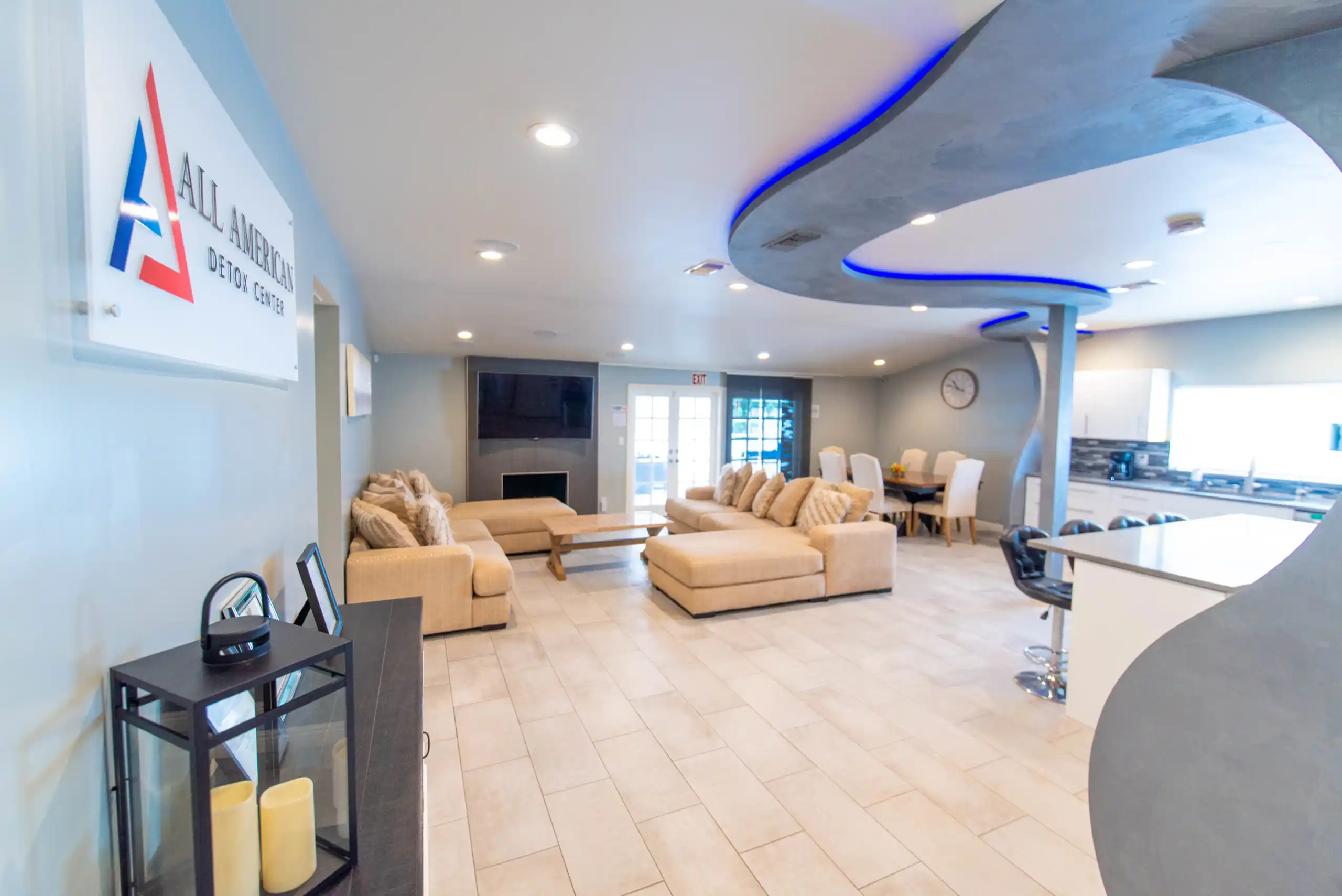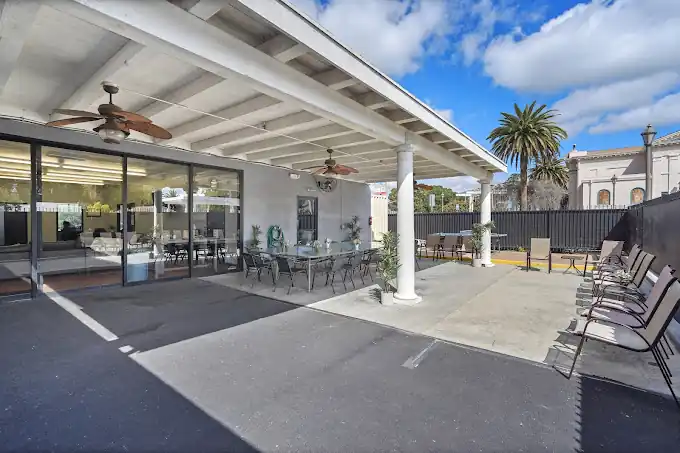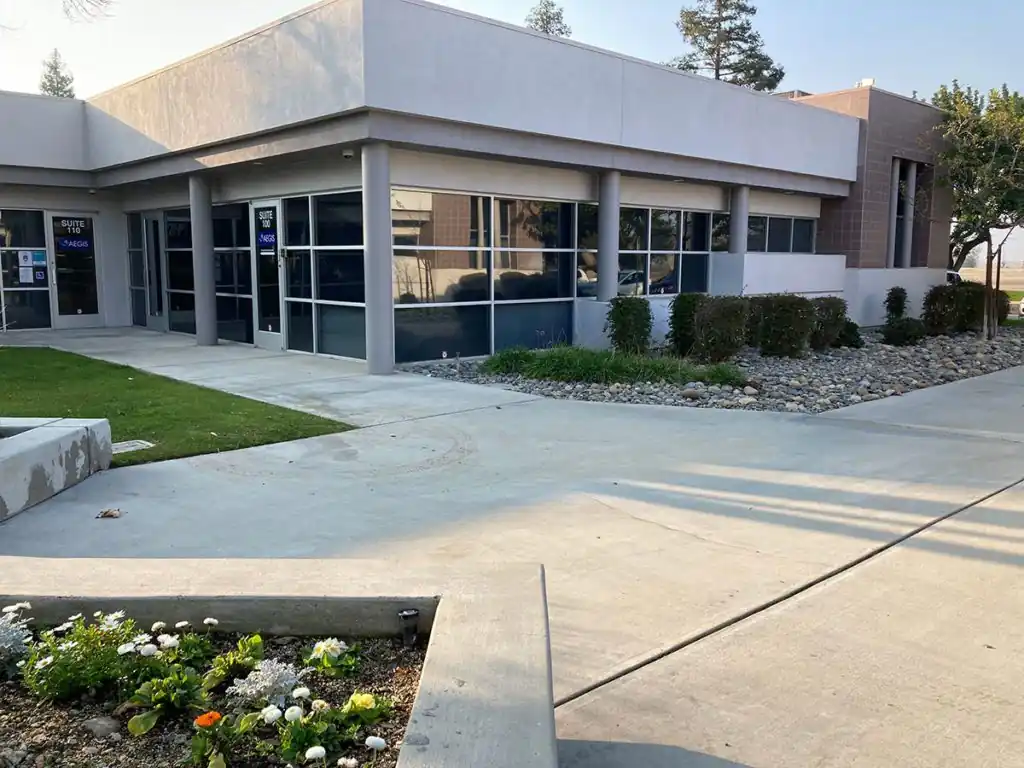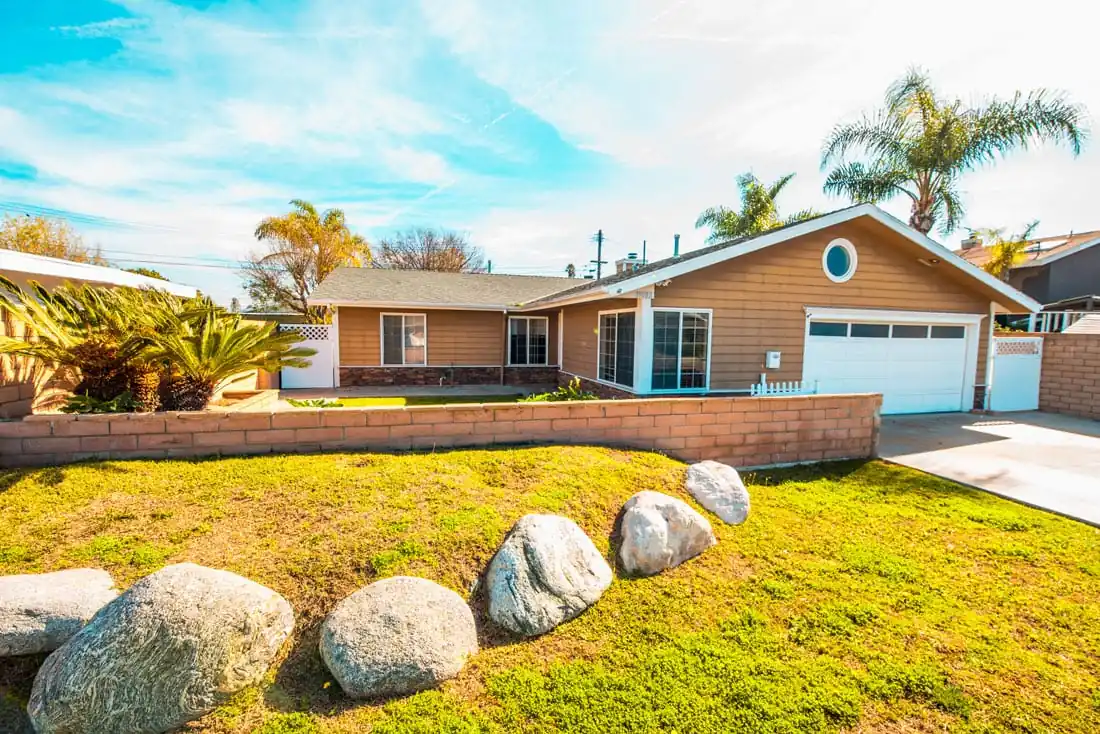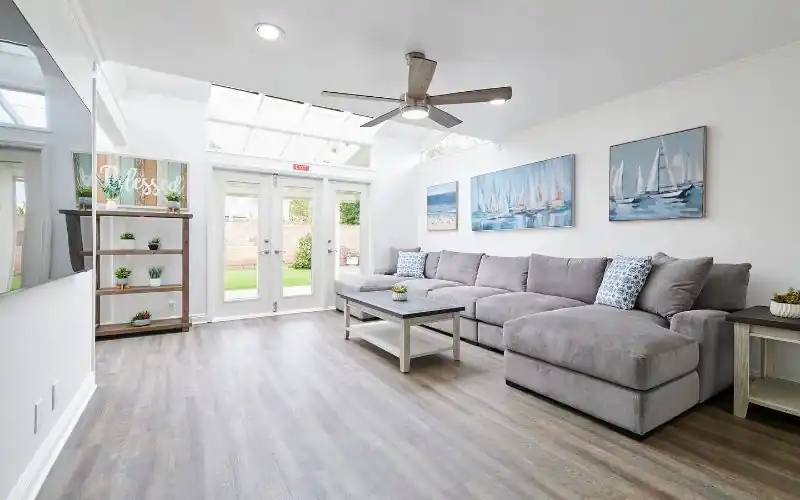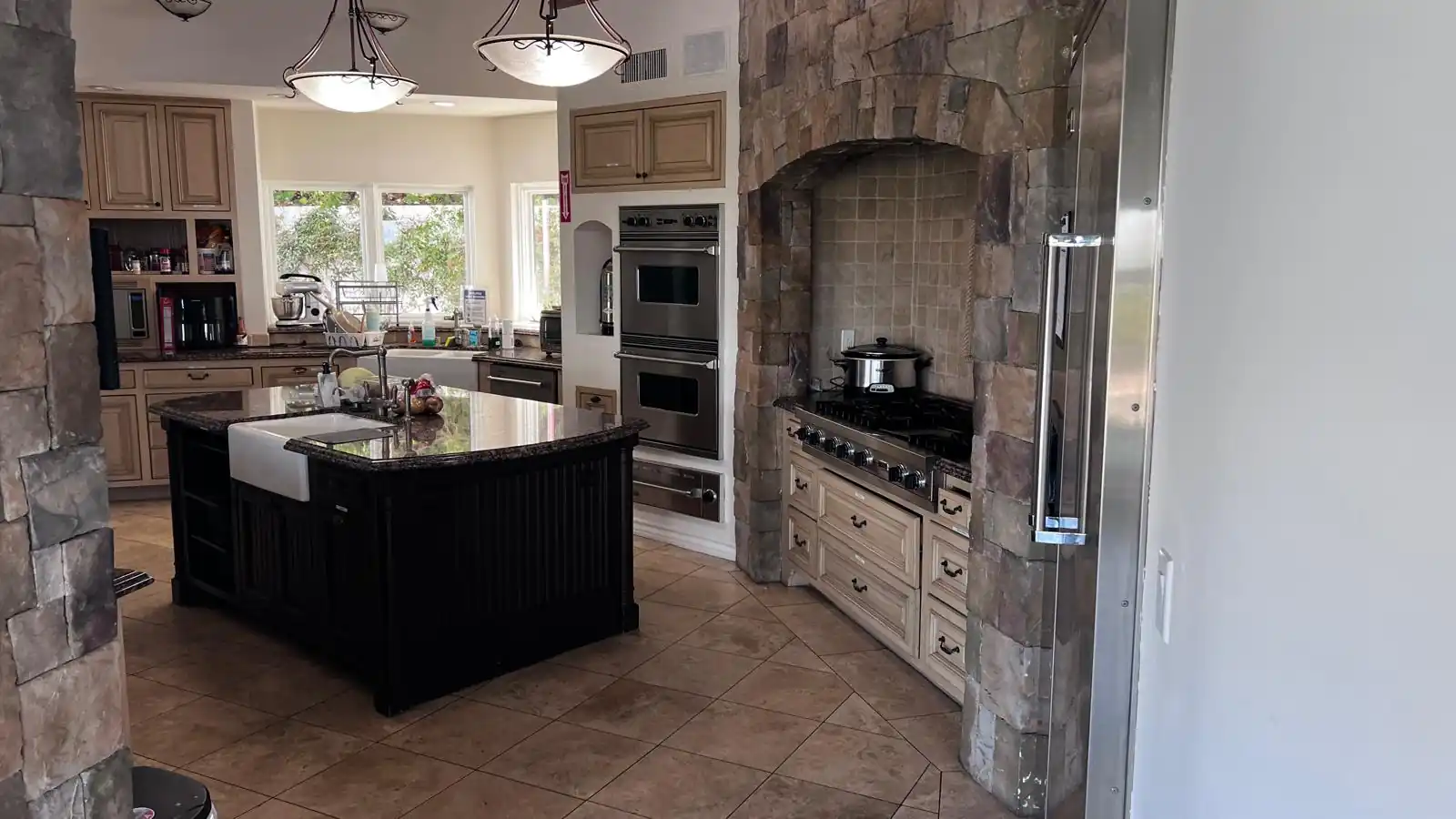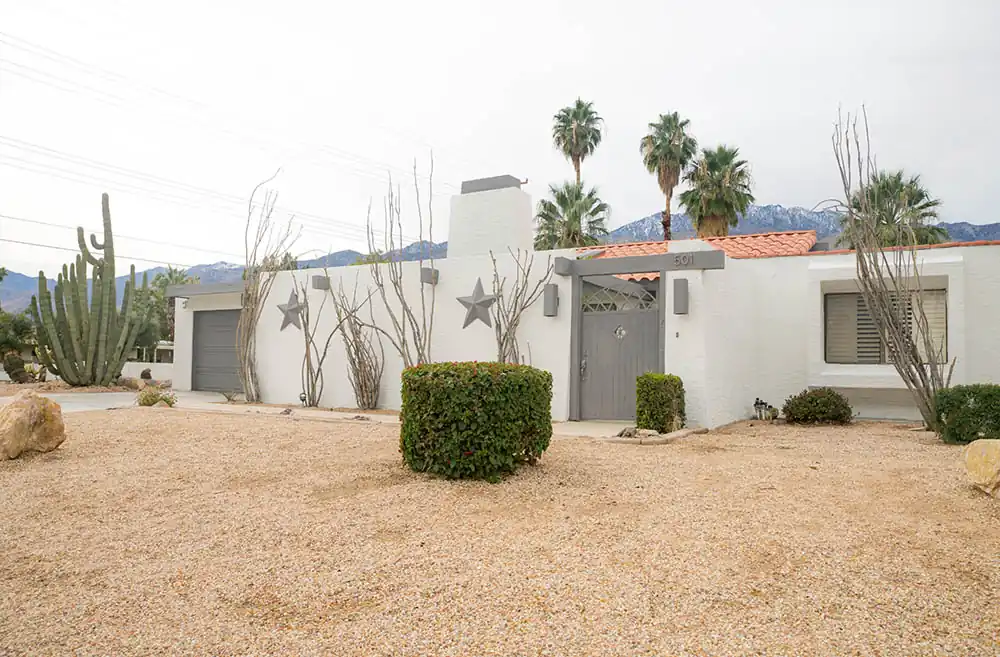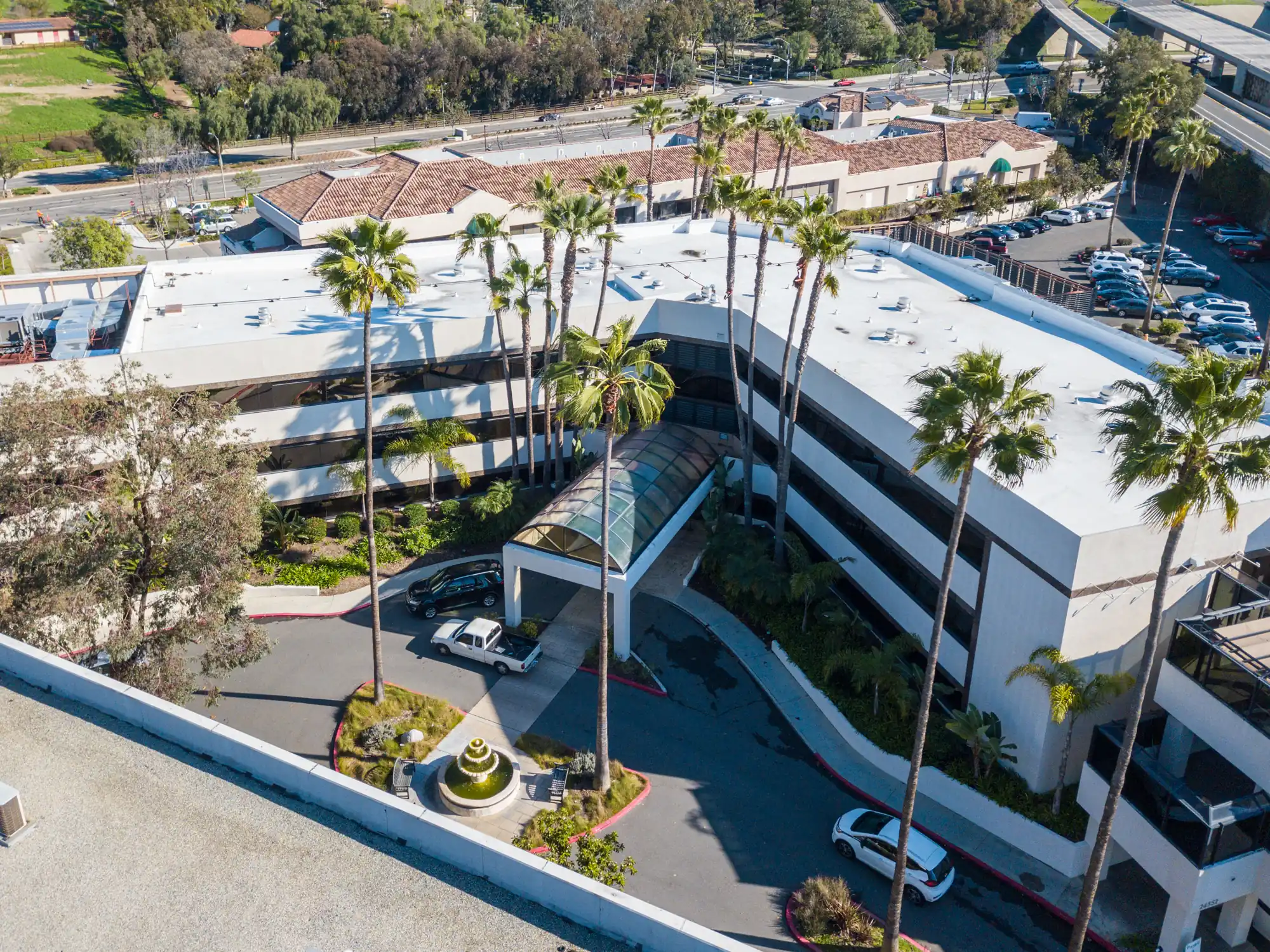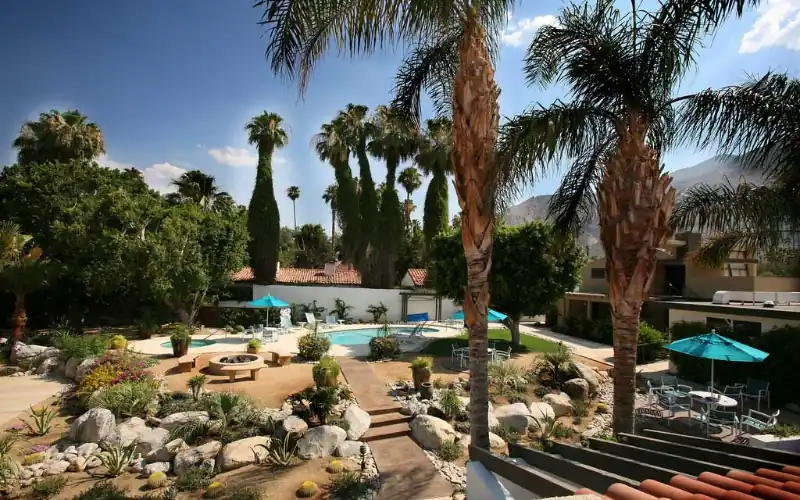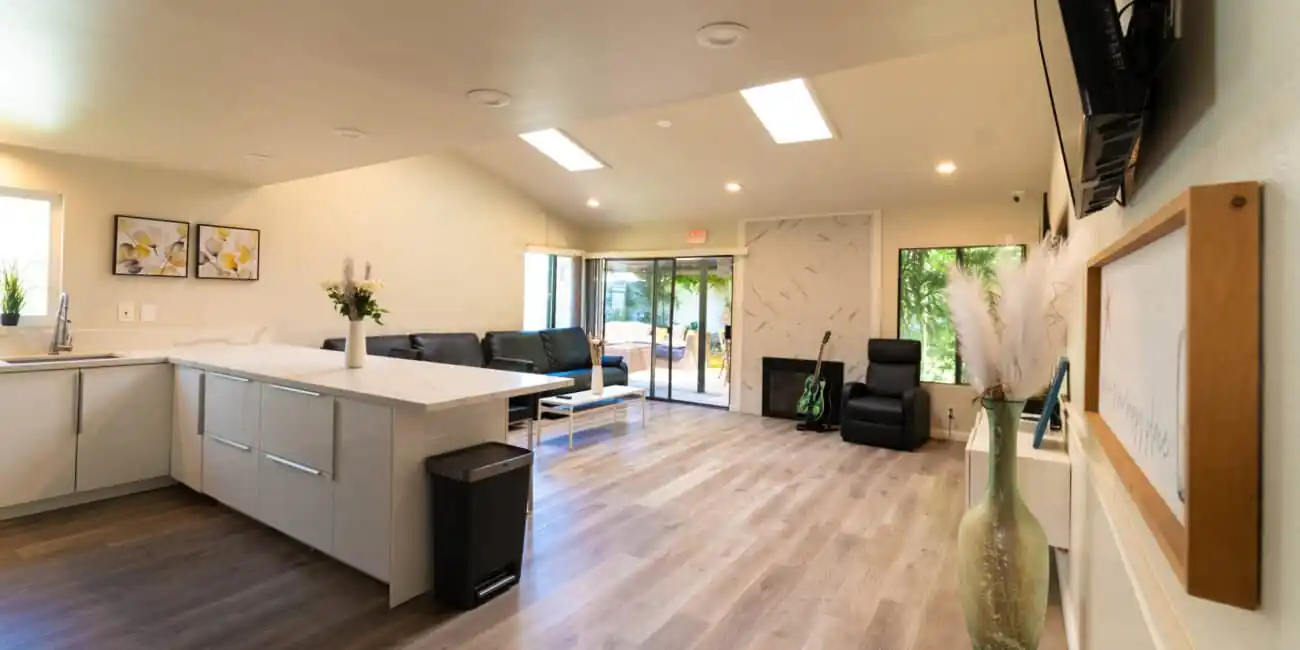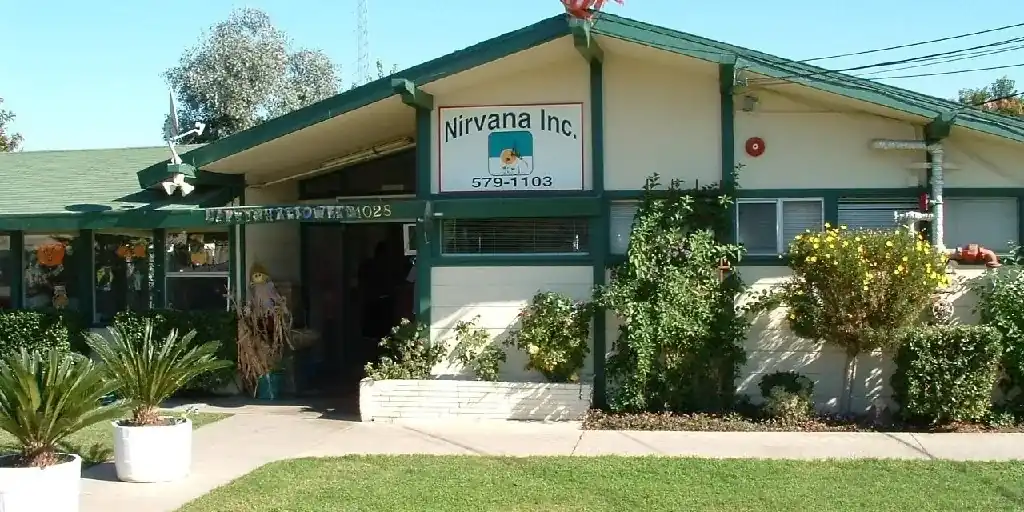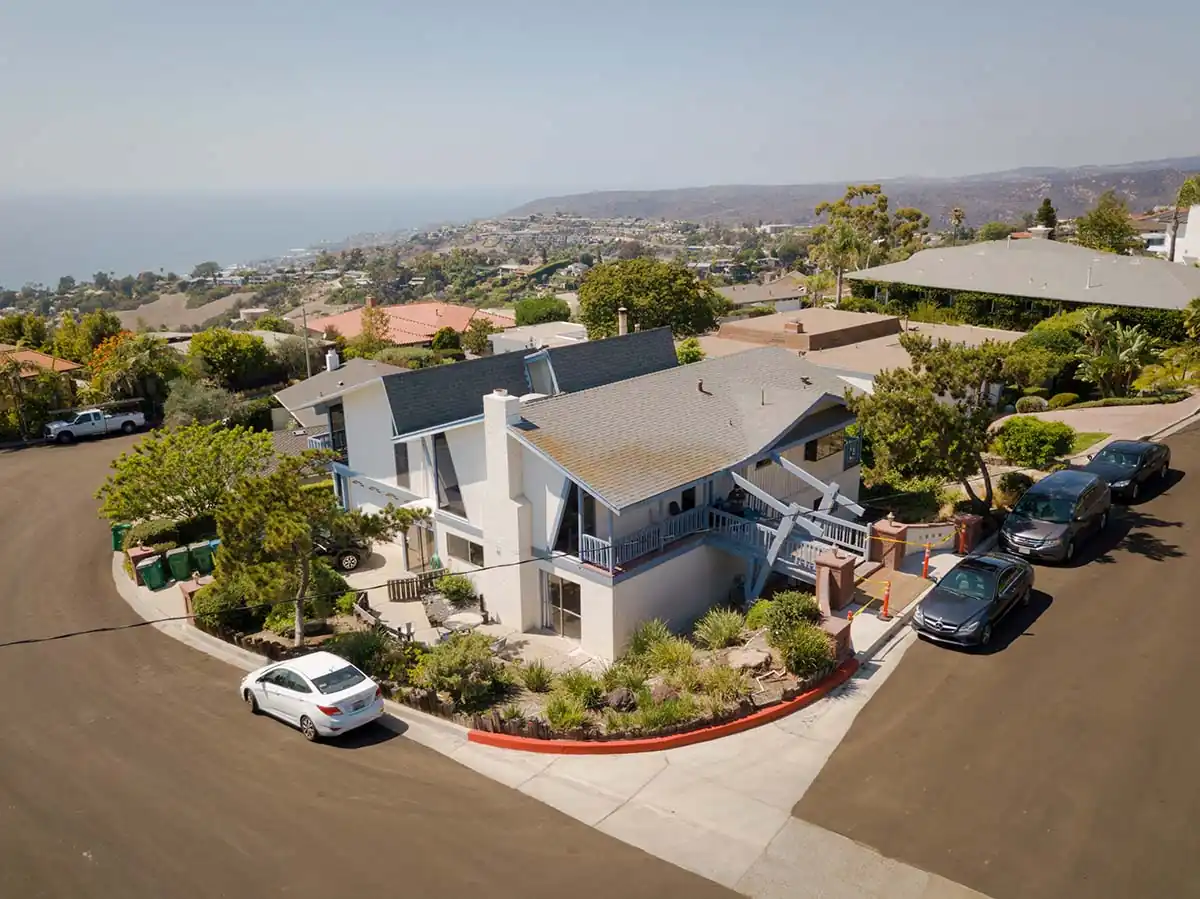Addiction Treatment & Recovery Centers in California
California offers a vast and diverse array of addiction treatment centers designed to meet the needs of individuals from all walks of life. From urban facilities in Los Angeles and San Francisco to serene retreats in coastal or mountain settings, California’s rehab centers provide a broad spectrum of services. These include medically supervised detox, inpatient and residential treatment, outpatient programs, and specialized care for co-occurring mental health disorders.
The state is notable for its comprehensive approaches, integrating evidence-based therapies with holistic and alternative modalities such as yoga, meditation, and adventure therapy. California rehab programs are equipped to treat addiction to alcohol, opioids, stimulants, and other substances, offering personalized plans that address both physical dependence and underlying psychological challenges.

